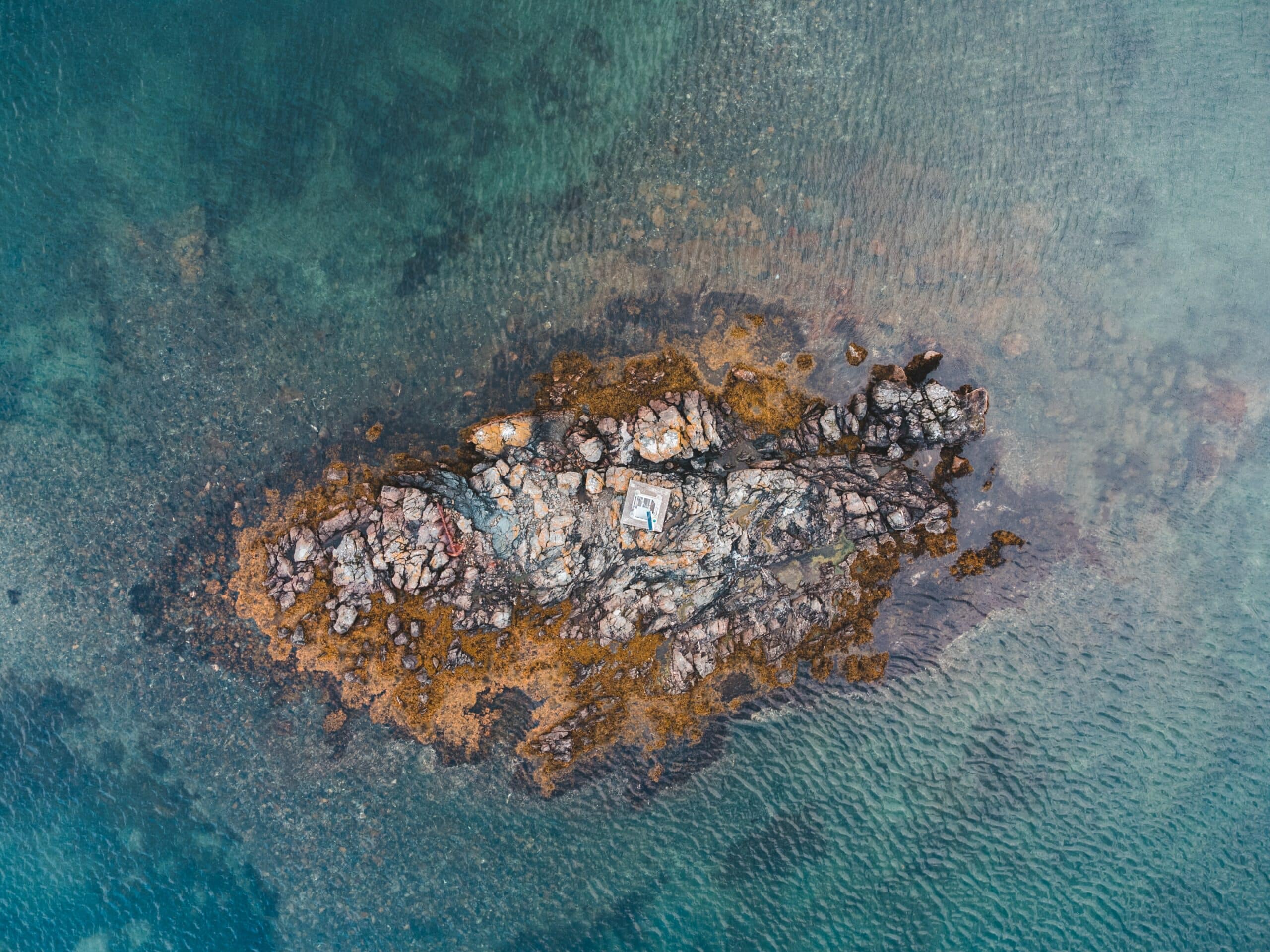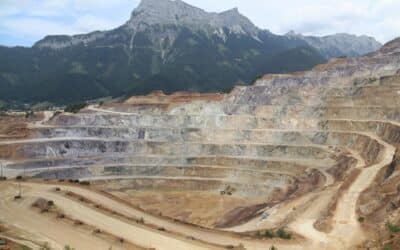A growing threat in the name of climate protection – Side event 29 June 1-2:30 pm Lisbon time
Marine geoengineering – advanced by industry and some governments in the name of addressing the climate crisis – is a growing threat to marine environments and ecosystems and of increasing concern to local and international climate activists and experts, Indigenous Peoples, and scientists. Typically marine geoengineering refers to technologies to remove greenhouse gases, especially CO2 from the atmosphere via. ocean fertilization, enhanced weathering, artificial upwelling or dumping biomass. Other approaches focus on enhancing the earth’s reflectivity such as marine cloud brightening or the Arctic Ice Project, which involves covering Arctic sea ice with fine grains of reflective silica.
Though some marine geoengineering experiments have been founded on false and misleading claims, open ocean experiments are still taking place, including the dumping of 300 litres of fertilizer into the ocean off the coast of Sydney, Australia. This session will present the risks of marine geoengineering, and what to do about it, from a range of critical voices.
Speakers and Presentations
Neth Dano, ETC Group: The dangers of marine geoengineering: Lessons from early Ocean Fertilization experiments in the Philippines
Pangana Pungowiyi, Indigenous Environmental Network: Current marine geoengineering experiments: AIP
David Santillo, Greenpeace: London Convention/London Protocol regulation
Serayna Solanki, HOME Campaign: Civil society opposition to geoengineering
Linda Schneider, Heinrich Boell Foundation: Facilitator



